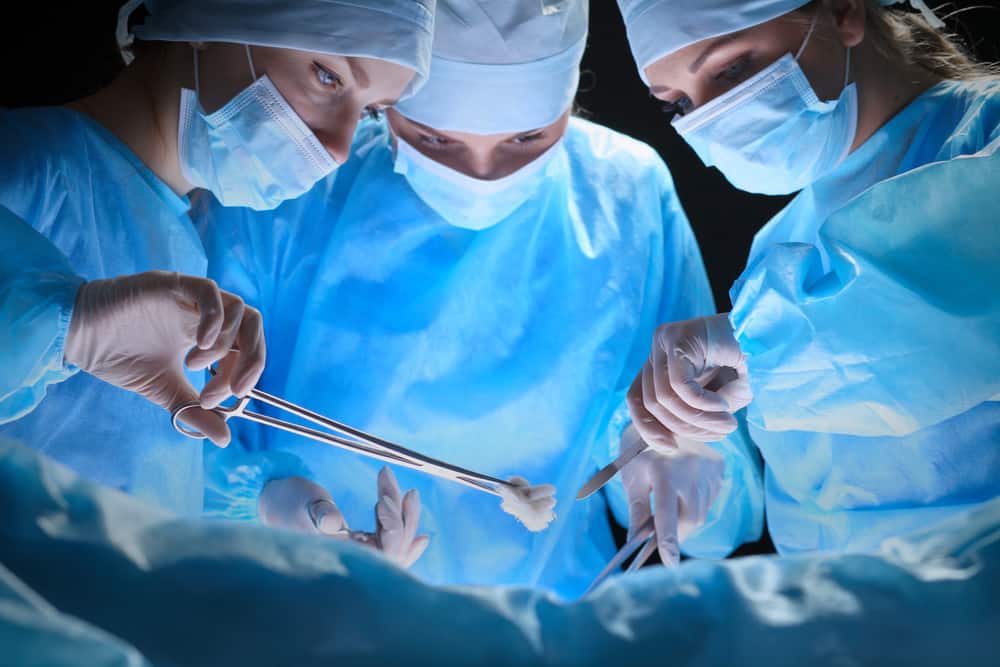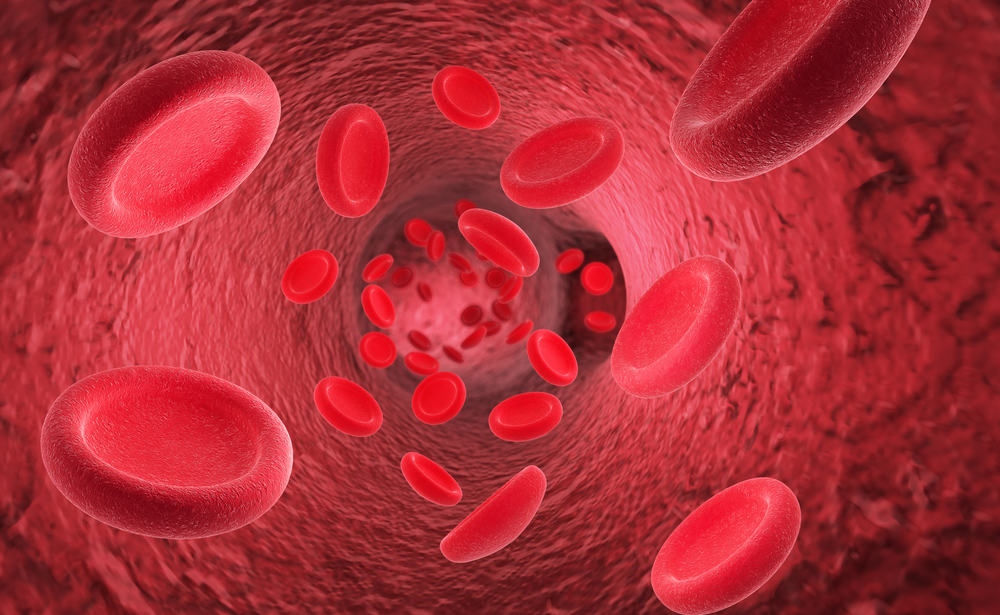Contents:
- Medical Video: World's First Head Transplant Recipient Wants A Better Life | Good Morning Britain
- Head transplants have been performed on animals
- A neurologist claims he managed to do a human head transplant
- Unfortunately, many experts doubt the success of the operation
- Other considerations why head transplantation is a low success rate
Medical Video: World's First Head Transplant Recipient Wants A Better Life | Good Morning Britain
You may be familiar with organ transplant procedures. Yes, organ transplantation is an operation to move healthy organs to other people whose organs are problematic or damaged. This procedure is also known as graft. Usually, the organs most commonly grafted are the kidneys, pancreas, liver, heart, lungs and small intestine. However, what about head transplants? Can the procedure be carried out to save the lives of people who experience severe head injuries? Find out the answers in this article.
Head transplants have been performed on animals
In 1970, a head transplant pioneer Robert White transplanted a crippled monkey to the body of another healthy monkey. After the surgical procedure is performed, the monkey is able to move its eyeballs, hear, taste, and smell. Unfortunately, the monkey can only survive for nine days because the immune system of the donor body refuses to be in the "new" head.
A neurologist claims he managed to do a human head transplant
Dr. Sergio Canavero, an Italian neurosurgeon claims that he and his team successfully performed the world's first human head transplant. Using two human bodies, the transplant operation was carried out for 18 hours at Harbin Medical University in China.
This procedure is done by exchanging heads from one body and then attaching it to another body. The doctor's team claimed to have successfully reconnected the spinal cord and blood vessels in the spine and neck.
Unfortunately, many experts doubt the success of the operation
Many experts have expressed an attitude of refusal to claim a doctor from Italy who was said to have successfully performed the head transplant. Experts in the medical field say that head transplantation is an irrational thing, both in terms of science and ethics.
One of them is Arthur Caplan, a professor of bioethics at New York University. Reported from Live Science, Arthur said he did not believe that a head transplant might occur. Because, if the immune system in the body recognizes parts of the body that are not from your body, the immune system will attack it. This is certainly a risk of turning off transplanted organs. Although there are treatments that can suppress the immune system's work, the "new" body of the donor is very likely to still reject foreign organs.
Other considerations why head transplantation is a low success rate
Besides those mentioned above, pBiochemical differences between the donor's head and body can also be one of the big problems that must be faced next. This is certainly not as easy as replacing a light bulb with a new one.
If you move your head and brain to a new body, you will put it in a new chemical environment with a new nervous system too. Well, these various problems will actually increase the risk of death to people who receive donors because of the possibility of rejection in the body and infection.
Not only that, head transplants also require surgeons to connect very many nerves and blood vessels, as well as the spine and spinal cord from the living head to the donor's body. Now, if Canavero really has found a breakthrough in reconnecting the spinal cord, why not do it first in people who have spinal cord injuries before doing a head transplant?
Researchers have spent decades researching all aspects of spinal cord injury. Unfortunately, until now there are still very few options for treating patients with this type of injury. Because researchers have not found a way to reconnect the injured human spine, it will be very difficult to connect two vertebrae from two different people.
Apart from the controversy, there is still a need for more in-depth studies with wider coverage if indeed a head transplant is possible. Because the pilot procedure can provide new hope for many people experiencing paralysis or disability later on.












